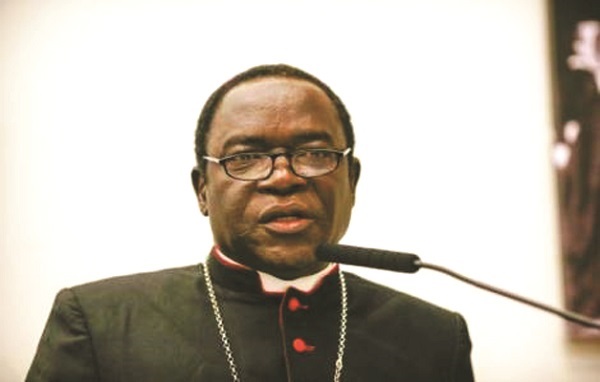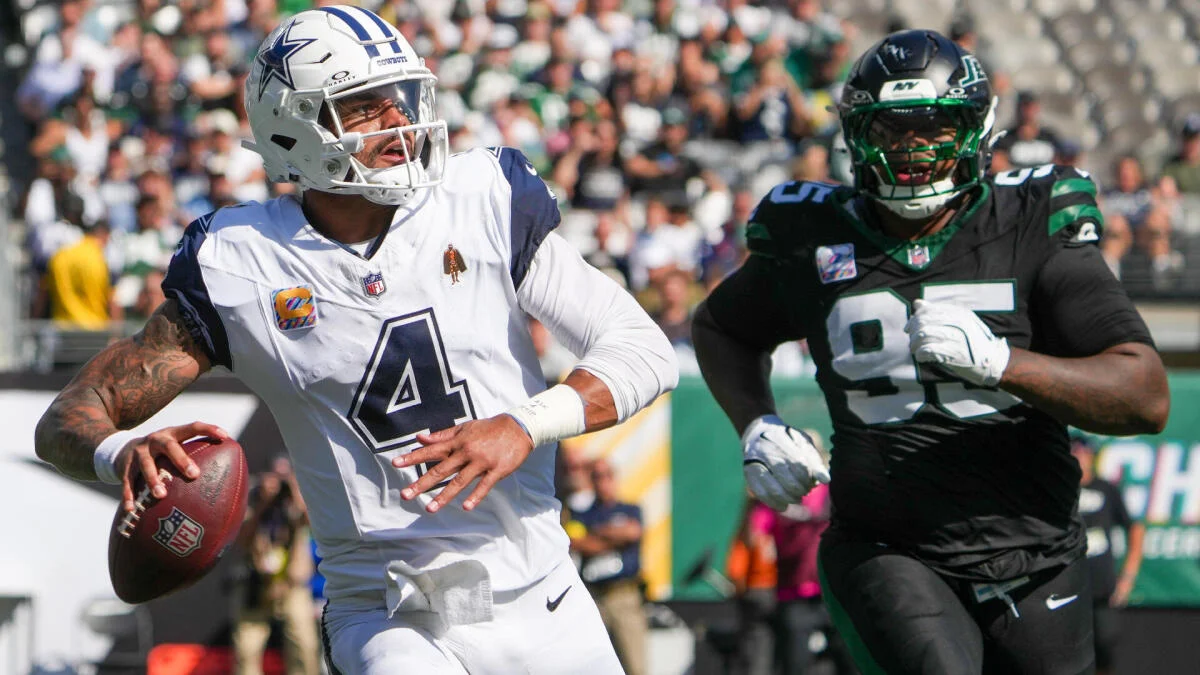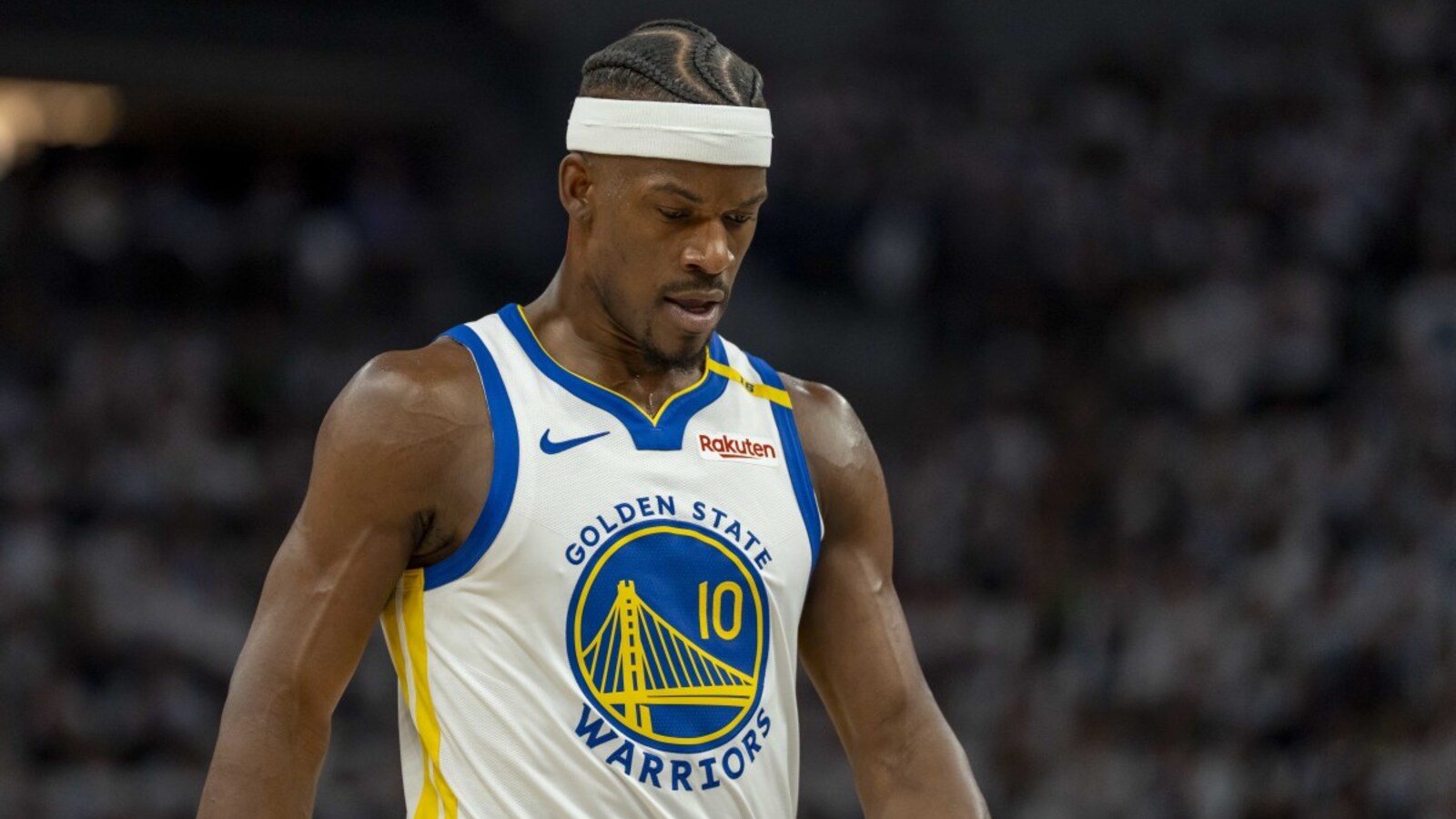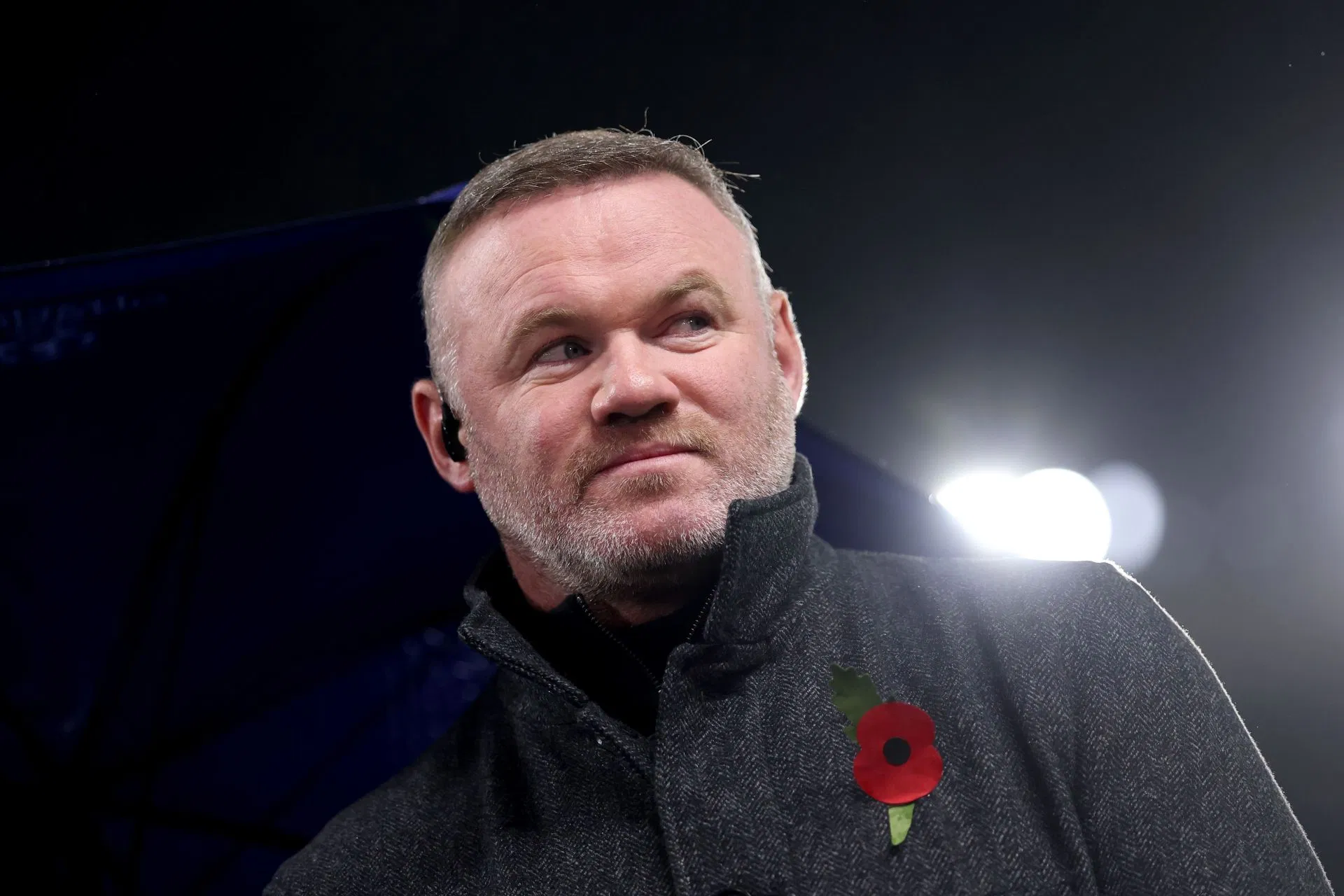Copyright thenationonlineng

Birthdays often provide moments for self-reflection, especially landmark ones. It has become a tradition here to step back from the bouquets and fanfare and capture it as a rostrum to rue, either on society or the cliché: the state of the nation. This is so especially when the toast is well-known as it was last week with Reuben Abati, folksy columnist and television host on Arise Television. The highlights of Abati’s 60th birthday event at the Nigerian Institute of International Affairs (NIIA) were not the celebrity presences like former President Olusegun Obasanjo, or Abati’s former boss President Goodluck Jonathan, or the royal fathers, or the royalty of the media. They were two speeches. One from Louis Odion, a master penman. The other was from our cleric of ideas, Bishop Matthew Kukah, who would later spar with Obj over which Matthew enjoyed superior mandate from heaven. With episcopal effrontery, the Matthew who never wore a cassock boasted he would predate the bishop to the bosom of the Lord. At that moment, Leadership Newspaper editor-in-chief, Azu Ishiekwene, Lagos State Information Commissioner Gbenga Omotoso and I waited in vain for the Owu chief to exact his revenge on Odion’s onslaught on him. Odion had reviewed three book offerings that compiled Abati’s writings over the decades. During that fest, Odion took a swipe at Obj for presiding over a gangster election – my words. For dramatic effect, Odion merely acknowledged as a sort of grudging apology that Obj “is here.” It was mea culpa as gentle bullying. He did not dilute his umbrage or acidic releases. But Odion’s was an unrequited attack. The old fox probably was either disarmed, beaten insensible or did not want to headline Abati’s day with his boxer’s theatrics. It was a play without a climax. Bishop Kukah presented a lecture he called, Time to Reload. It was longer than the time allocated. But this essayist got hold of the full speech. Kukah spoke off the cuff but he has the knack to speak as though reading from a text. One error, though. In dissecting an idea, he mixed up Rousseau for Thomas Hobbes when he x-rayed the leviathan. No matter. What caught my attention was his reference to the idea of myths. Nigeria needs a myth. What he said drew me back to an essay I wrote as an editor in The Concord Newspaper, and I asserted that we did not have founding fathers. We had independence fighters, and the three major personages of that era, Zik, Awo and Bello, were not really founding fathers of Nigeria but men who were tied to their tribes. We never had a founding myth, so we could not get a founding father. That explains, in part, why we had a civil war, and when it ended, the nation is still haunted by the schism of those years. Awo knew that when he asserted that Nigeria was a mere geographical expression. My editor-in-chief, Dr. Doyin Abiola stopped the press when she read it and my piece was yanked off the newspaper. But the fault lines of today’s Nigeria, as Kukah noted, remain the incubi of tribe and faith, and the elites continue to take advantage of them to pursue private interests. It is what Professor Claude Ake called the privatization of the public square. Each of the tribes in Nigeria has a founding myth, or some form of narrative or illusion of the soul. The Yoruba, for instance, has the Oduduwa tale. The Hausa has the Bayajida. The exploits of Uthman Dan Fodio energise the Fulani. All the other ethnic groups have places or stories that tie them to their histories and stir their heritages. The British came and corralled everyone inside one room and gave them a name and asked us to live in peace. They gave a law that was not ours. They gave us a language that was not ours. They gave ties and shirts as they did to all their “subjects,” and that was part of the complaints of the Negritude movements that Aime Casaire tore apart when he wrote about ties that suffocated him. The irony is that the British have their own origin stories, and they tended to foist them on us in their paternalist arrogance. Theirs was rooted in the Magna Carta that draws from the 10 commandments. All over Europe, from France to Denmark to Netherlands, the nations cherish stories that encapsulate ballads, heroes, wars that enchant their spirits. In the United States, theirs began with their war of independence, and big names likes Ben Franklin, Samuel and John Adams, Jefferson, Madison, et al, marshaled a martial gusto that ripened into an ethos of being. They call it American dream, manifest destiny, etc. We have that problem because it is at the bottom of our definition of Nigerian. Who is a Nigerian patriot? Do we have any? Maybe in sports. Maybe it is the spirit from which we can nurture a Nigerian myth. Today, especially in the past few years, we have seen the nation, where even otherwise intelligent minds have foreclosed any attempt to be open-minded because of where they were born and the God that consecrated them at birth. We see otherwise prescient fellows act as though data don’t matter, and they are ready, for the sake of argument, to prioritise anecdotes over evidence. Today, we can see what is going on. We see clerics who cannot understand why they say a word even if that means to save their country. We have a conspiracy of silence. It is sometimes argued, especially by the Marxists, that man must live by bread first. But history has shown time and again, that while bread matters, humans generally prefer to starve in order to pray. People have never fought a major war for bread. Bread is a factor, but it is often not the definitive one. We fight for our kins, for our belief, our history, our temples. We shed blood for bloodlines, not for breadlines. We never fight for a loaf of bread. When have elections that really matter ever been determined by the pocket? Even in the west, they often claim that bread and butter take precedence. But that is because their questions of world view are not at stake. Today, Europe and the North America are in the throes of questions of philosophical meaning. Hence, they are picking apart interlopers of their myths. That is, foreigners. In his Heart of Darkness, Joseph Conrad described the western avatars as, “messengers of the might within the land, bearers of the spark from the sacred fire.” That explains why a cleric here would kowtow to a new birth of Christian colonialism and they would listen to their pastor masters in the U.S. Read Also: IMF, Nigeria discuss reforms, new development plan Hence one of them would be talking about a hundred days or 90 days ultimatum and remember that he is a relation. He did not remember to say he was a relation during the election in the firestorm of so-called Muslim-Muslim ticket. But are evangelicals’ conspiracy of silence a matter of fealty to bread, or loyalty to the Holy Spirit. Or is someone mixing bread for the word? That is why it is difficult to be a Nigerian patriot. We have myths of faith just as we have myths of tribe. In the years of the Reformation in Europe, all the faiths pledged to the Bible, but they wove battles out of interpretive feuds. Is the herdsman in Benue looking at the Idoma nubile as a prey or a Nigerian? If he believes in the Nigerian family, will he take over a kin’s farm with machetes and guns? The Nigerian myth is only possible if we start to do the impossible: teach children the Nigerian heritage. There is a lot of it. In the years of Lee Kwan Yu, it was done. The Chinese did not look to China, but Singapore. The Malays did not look to Malaysia but Singapore. The Indians did not look to India. They are all Singaporeans first. It was not about bread. It was the Singaporean spirit. The Americans came from different countries in Europe. They did not pledge Italian, or English or Irish or German. They brew a new one for themselves. It begins by history lessons skewed for that purpose. Our politicians must also de-emphasise idols that divide us. The June 12 imbroglio was rooted in it. Our clerics who have lost their voices except to throw up deadlines should remember that even Apostle Paul was proud to call himself a Roman citizen, which gave him a right to fair trial and exemption from scourging. The argument that democracy does not cohere with multi-religious and multi-ethnic societies underestimates the human capacity to invent as we have seen in Singapore. Bishop Kukah reported a survey about countries who still loved democracy. A plural society India came tops in favour. Although Bishop Kukah says it is time to reload, I believe it is time to reinvent.



